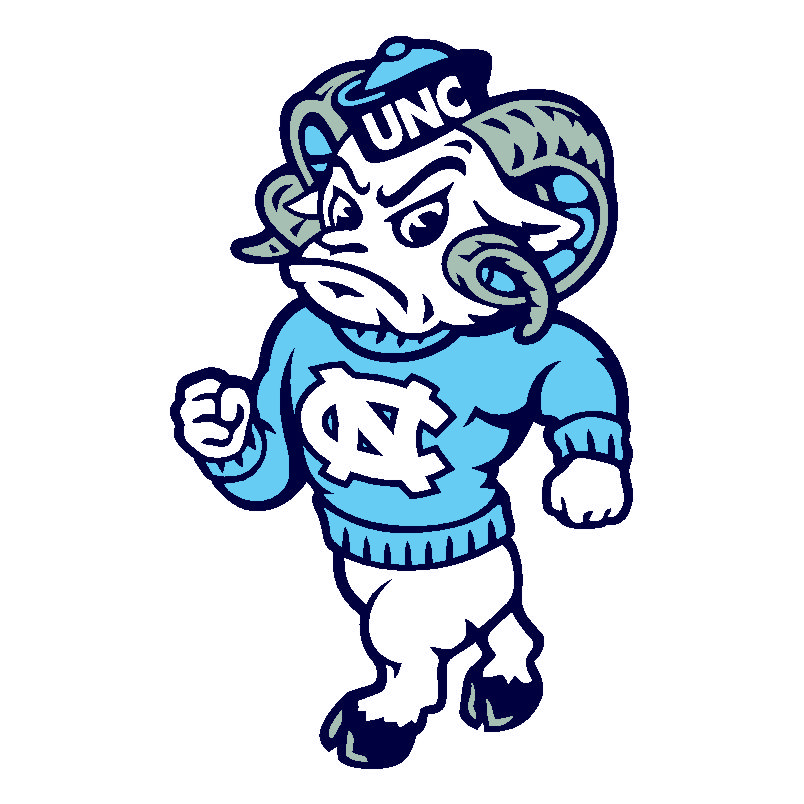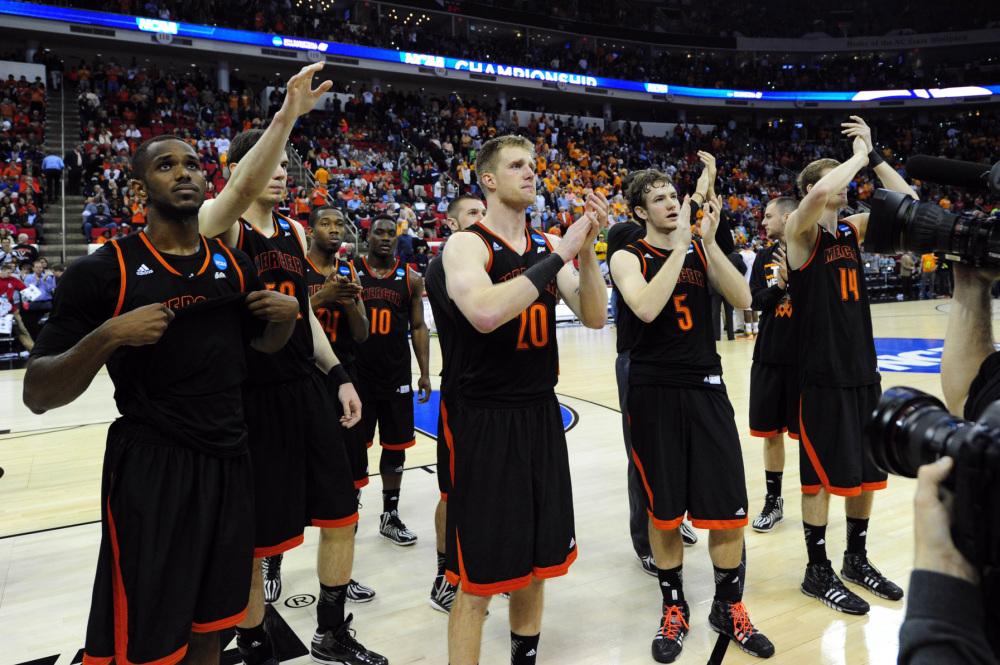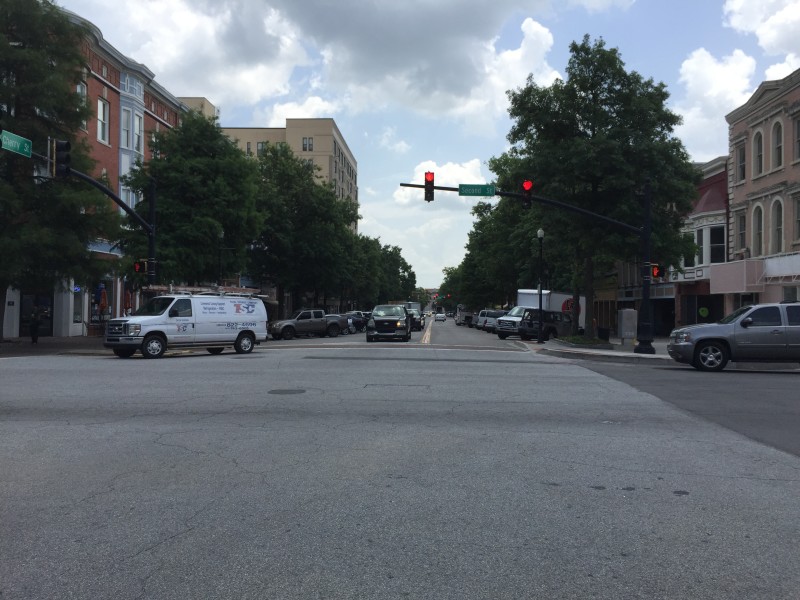Academics and Student-Athletes
In 2012, news broke that there had been some academic infractions at the University of North Carolina committed primarily by the football team. The allegations ranged from grades being inflated to tutors doing more than just tutoring. Then last year, it got out that the pride and joy of the UNC athletic department, the men’s basketball program, was also involved. Fast forward to a few weeks ago, and it was reported that the academic dishonesty had been going for almost 18 years.
Eighteen YEARS. That means this has been going on since the 1996-1997 season, Dean Smith’s last season as head coach. Dean Smith, one of the most prolific coaches ever to coach the game of basketball. Not to mention, he was the one who put UNC on the map as a perennial powerhouse. Dean Smith is to college basketball what JoePa was to college football and the fact that this happened to one of the elite programs in the country, is in someways shocking, but in someways not.
The allegations that came to light in 2010-11, stemmed from the former learning specialist, Mary Willingham. According to Willingham, the Academic Support Center for Student-Athletes were telling student athletes to enroll in classes in the African and Afro-American Studies department. (now renamed the Department of African, African-American, and Diaspora Studies) The style of classes ranged from lecture style to independent study. The classes are commonly referred to as paper classes because of how easy they were, essentially deeming them fake courses.
In recent months, many former players, such as Mike McAdoo (football) and Rashad McCants (basketball), have come forward and said that their advisors pushed them to take these classes and that their coaches knew about it.
As of November 8, the UNC basketball program has come under even more fire. Rashad McCants, former basketball player from 2002-2005, has gone on record stating that he and other players from UNC’s 2005 championship team took all paper classes during the spring 2005 semester, so they could remain eligible for what would be a championship run. (and the first national championship as a head coach for Roy Williams). Willams has spoken to the media and said that he had no knowledge of the classes and that he would never condone his players taking these types of classes. Mike McAdoo, the UNC football player who lost his eligibility because of receiving too much help writing a paper, has sued the university for essentially taking advantage of him and other student athletes. McAdoo, has said that when he was being recruited by UNC, they promised him that in exchange for coming to the university to play football, he would receive a top-notch quality education. He didn’t. He was ruled ineligible after the scandal broke and he never graduated.
* * * * * *
The UNC academic scandal makes me question just how many other schools are doing the exact same thing as North Carolina and are getting away with it. Why is it that schools, especially schools that are considered perennial powerhouses and play in one of the major conferences, are allowed to get away with promising recruits the world and then not delivering on those promises? I understand that schools will say just about anything to get a player to commit to play for them, but at what point will the schools stop this. It is one thing to promise potential student athletes the world and it is also another to not fulfill those promises.
To me, it also calls into question, exactly what type of athletes are schools recruiting and why are there exceptions made for schools athletic departments? Case in point, Mike McAdoo had a high school GPA of 2.9. The average GPA of an accepted UNC student ranges from 3.6-4.3 (cnn.com). Why was McAdoo even accepted into Carolina in the first place, if it was quite obvious that he didn’t have a proven course record that showed he could succeed at the level UNC expected of their students? I recognize the fact that athletic departments at large universities have the pressure to win and I get that the world of college athletics is largely driven by the ability to make money. But why succumb to that pressure? At what point does money become more important than the educational well-being of the university’s student athletes?
Until next time,
Katie








